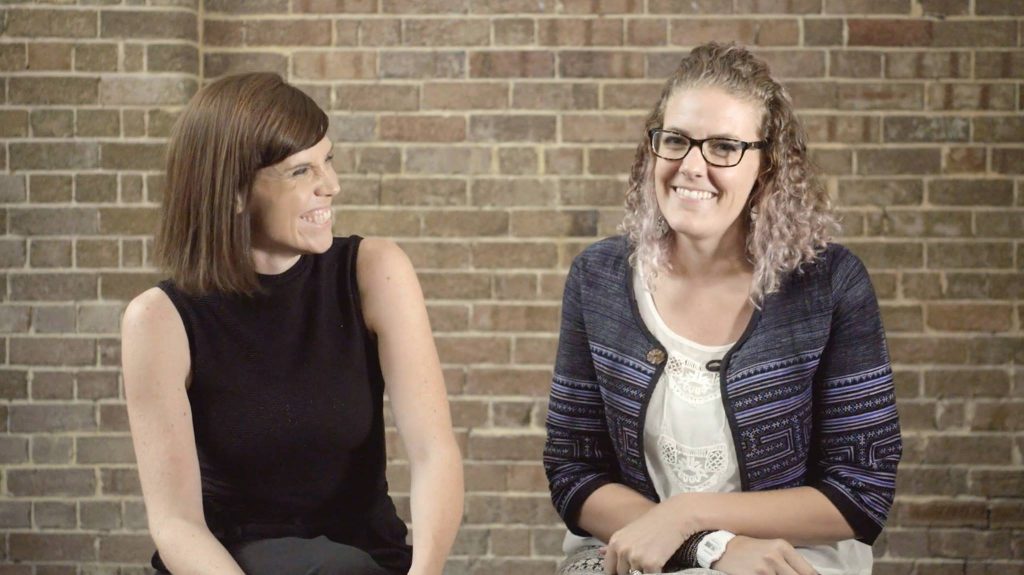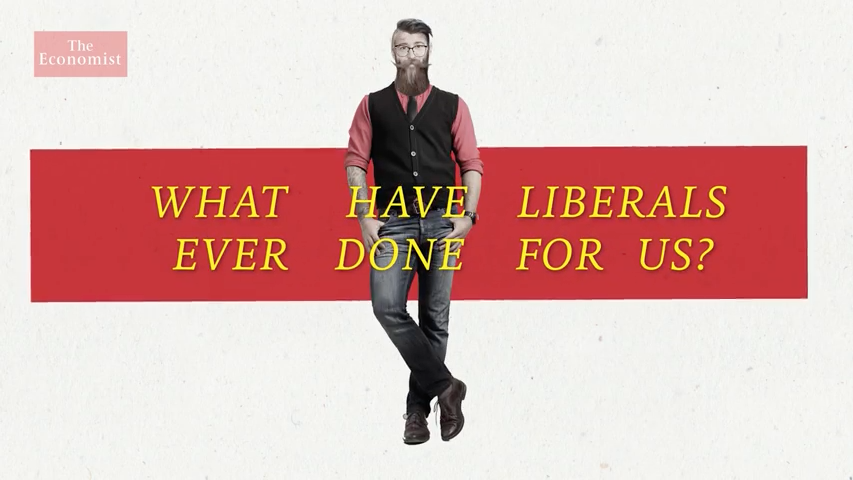TALK
Brent Toderian, You Tube, 7 September 2018
Prioritisation was the key, this was in the 1997 Transportation Plan, which was a catalyst for – I call it the most important Urban Design Plan we’ve ever done as a city, even though it’s a transportation plan – because that prioritisation, walking first, then cycling, then transit, then goods movement, and then the car, priotirized last, has been the key to all our multi-modal city making. To be clear that is not an anti-car message, we don’t ban the car, we very rarely have any places where the cars aren’t allowed, but we prioritise them last, in terms of how we think about our infrastructure, our spatial decisions in the city, and that actually works better for everyone – including drivers.
For more from Brent Toderain click here.









